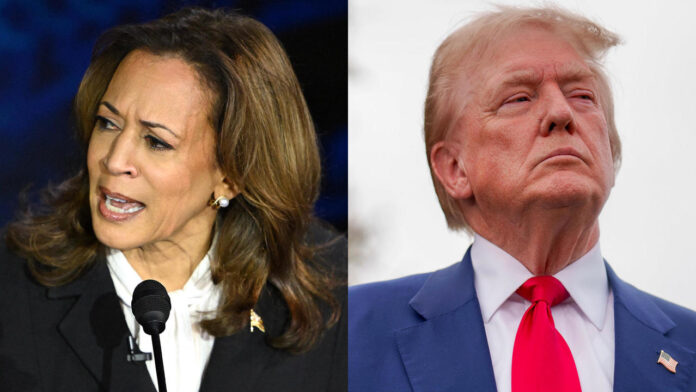Despite her assertions that her campaign could succeed without relying on what she calls “war machine” funds, Stein’s efforts to gain ballot access in crucial states like Nevada and Wisconsin have seen support from Republican allies.
In Nevada, the Green Party was recently removed from the ballot due to issues with petition forms, as determined by the state Supreme Court. The party is now seeking reinstatement, represented by Jay Sekulow, who previously defended Trump during his impeachment trials. Stein criticized the situation on social media, alleging that Democrats exploited technicalities to remove the Green Party from the ballot and suggesting that the case might reach the U.S. Supreme Court.
In Wisconsin, the state Supreme Court upheld Stein’s place on the ballot despite challenges from the Democratic National Committee. Stein’s campaign has engaged Michael D. Dean, a Wisconsin lawyer known for his involvement in lawsuits attempting to overturn the 2020 election results. This association has led to criticism from Democratic supporters, who argue that Stein’s acceptance of help from Trump-affiliated lawyers disqualifies her.
Stein’s campaign contends that they are merely responding to legal challenges and accepting available support as needed. Campaign manager Jason Call emphasized that the Democratic Party’s actions have forced them into this position, and they are committed to democracy despite the partisan nature of their assistance.
Recently, Stein’s campaign also faced a new lawsuit in New Hampshire. The campaign has indicated a willingness to accept support from partisan lawyers to ensure ballot access if necessary.
While accepting pro bono help from major party operatives is not illegal, Democratic figures are critical of Stein’s campaign tactics. Joel Payne of MoveOn, a progressive political group, argued that third-party candidates should be transparent about their backers and their potential impact on the election.
The involvement of Republican and Democratic allies in influencing the outcome through third-party candidates extends beyond Stein. Reports indicate that Cornel West’s campaign has received support from GOP operatives, while Robert F. Kennedy Jr., who suspended his presidential bid and endorsed Trump, is now working to withdraw his name from ballots where his presence could affect Trump’s vote.
Experts suggest that such strategies are part of the broader, aggressive nature of political campaigns. John Geer, a political science professor, noted that it’s a competitive environment where both major parties engage in tactical maneuvers to gain an advantage.
Trump has previously expressed admiration for both Stein and West, acknowledging their roles in impacting the political landscape.

